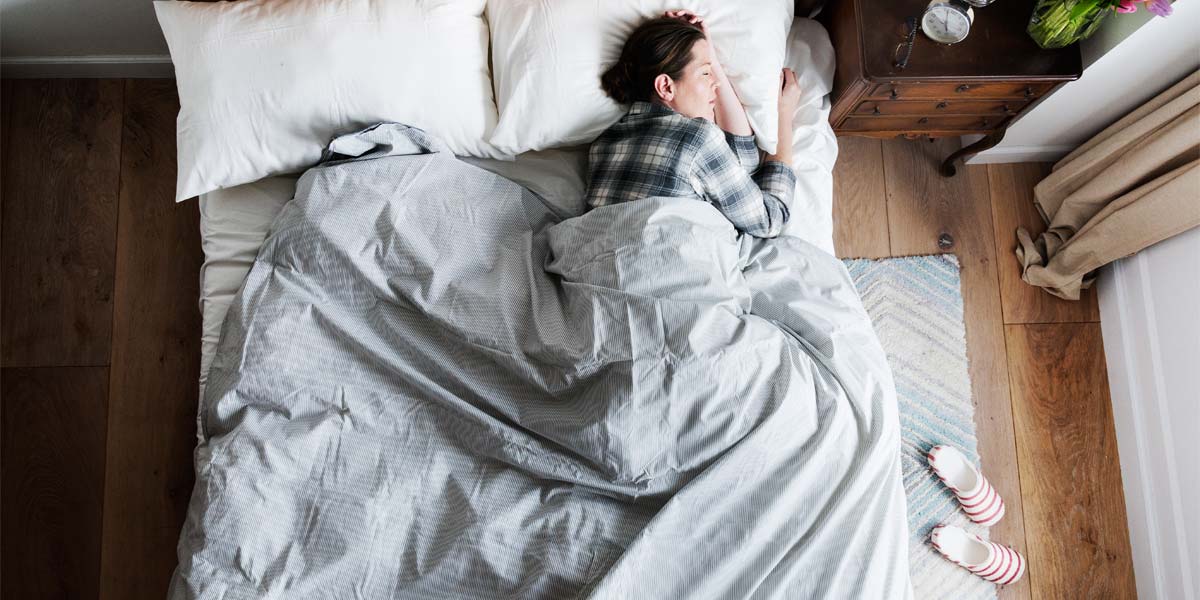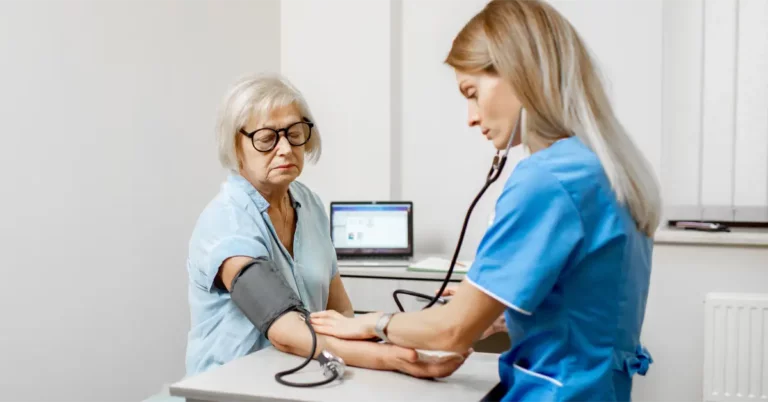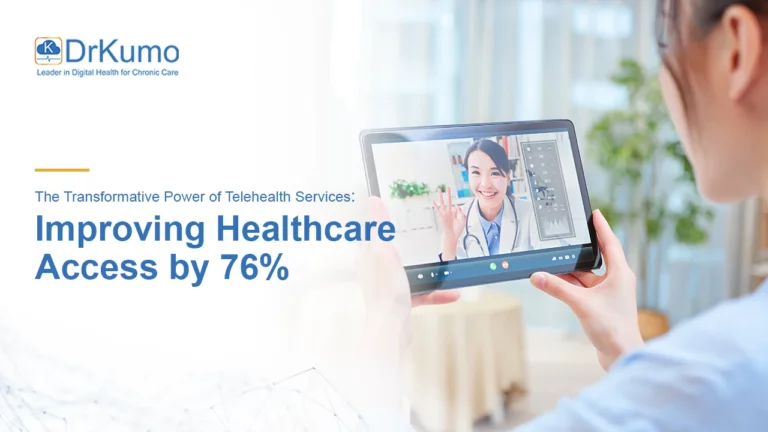The rising use of connected health technology has enhanced the possibility for better patient monitoring, including sleep. Read more to learn about the symptoms, diagnosis, causes of sleep disorders, and how remote patient monitoring can help.
Some people with daytime fatigue may have a sleep disorder. For others, though, the real issue is not getting enough sleep. It is critical to get adequate sleep each night. The amount of sleep you require is determined by several factors, including age, lifestyle, health, and whether you have recently received adequate sleep. Most adults need 7-8 hours of sleep per night.
What is a sleep disorder?
Sleep disorders are illnesses that disrupt your regular sleeping patterns. Sleep disorders are becoming more widespread in the United States, whether they are caused by a medical condition or too much stress. More than a third of adults in the United States believe they spend less than 7 hours of sleep in a 24-hour period. Sleeping less than seven hours daily is linked to a higher risk of chronic diseases like obesity, diabetes, high blood pressure, heart disease, stroke, and frequent mental distress. [1]
What are the symptoms of sleep disorders?
Sleep disorders are marked by excessive sleepiness throughout the day and difficulty falling asleep at night. The intensity and type of sleep disorder influence the symptoms. The symptoms also vary when the sleep disorders result from another condition. Some people doze off at inconvenient moments, such as while driving. Other signs and symptoms include breathing in an irregular pattern or having an uneasy urge to move while trying to sleep. It’s also possible to have strange or irritating motions or feelings when sleeping. There may also be an irregular sleep-wake cycle.
What causes sleep disorders?
Sleep disruptions can be caused by various illnesses, diseases, and disorders. Sleep disorders are frequently the outcome of an underlying health issue like:
- Heart illness, lung disease, neurological diseases, and pain
- Depression and anxiety are examples of mental diseases
- Medicines
- Genetics
Sleep disorders can also be caused by several circumstances, including:
- Caffeine and alcoholic beverages
- Working on an irregular schedule, such as the night shift
- Aging (People often receive less sleep or spend less time in the deep, restful stage of sleep as they get older. They are also easier to awaken.)
How are sleep disorders identified and diagnosed?
Your health care practitioner will utilize your medical history, sleep history, and physical exam to reach a diagnosis. They can also order a variety of tests, such as:
- Polysomnography (PSG): This lab sleep study evaluates oxygen levels, body movements, and brain waves to determine how they disrupt sleep vs. home sleep study (HST) that is performed on your own and is used to diagnose sleep apnea.
- Electroencephalogram (EEG): This test assesses the electrical activity in the brain and detects any potential problems associated with this activity. It’s part of polysomnography.
- Multiple sleep latency test (MSLT): This daytime napping study uses a PSG at night to help diagnose narcolepsy.
How can remote patient monitoring help in sleep disorders?
A sleep disorder can affect your energy, mood, focus, and overall health. It can affect your quality of life and safety, impair your driving ability, and put you at risk for additional health issues. A sleep disorder can be so bothersome that you’ll probably seek assistance immediately, but the longer you wait to seek help, the longer it is likely to resolve.
It can be difficult to tell how much sleep you’re getting each night, which is why a remote patient monitoring sleep tracker may be beneficial. Sleep monitors keep track of your sleeping patterns so you can see how much quality sleep you’re receiving. Health wearable devices such as smartwatches are equipped with sleep quality trackers.
Recording information such as sleep duration and quality allows you to make adjustments to improve the quality of your sleep with the help of your healthcare provider.
Takeaway
Sleep disorders may not be fatal, but they significantly impact your quality of life that they can impair your thinking, weight, school/work performance, mental health, and overall physical health.
Talk about your sleep disorder with your doctor and see how you can monitor your sleep quality through Remote Patient Monitoring.








